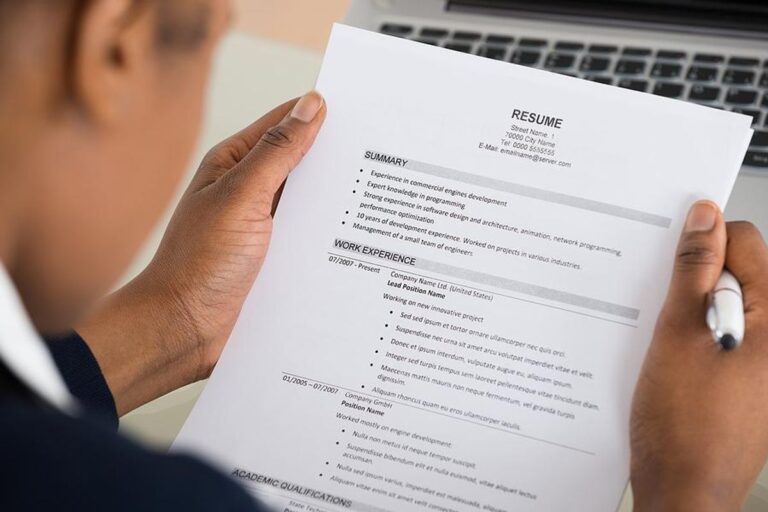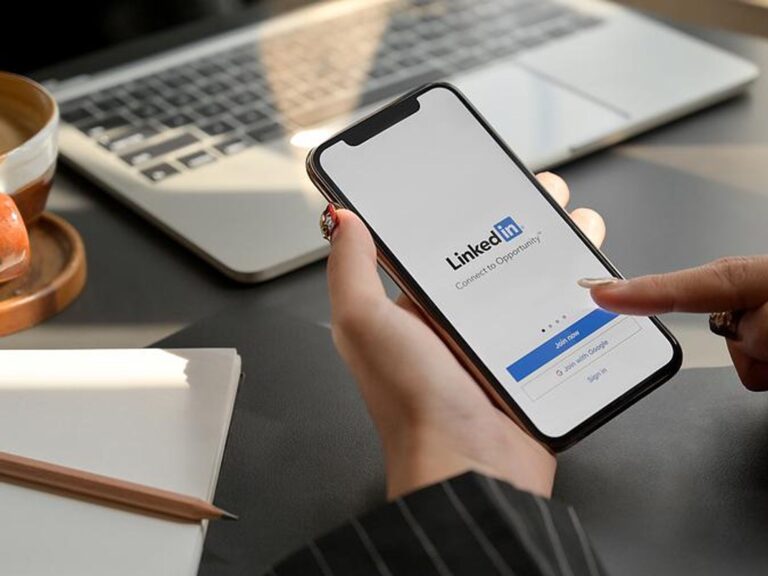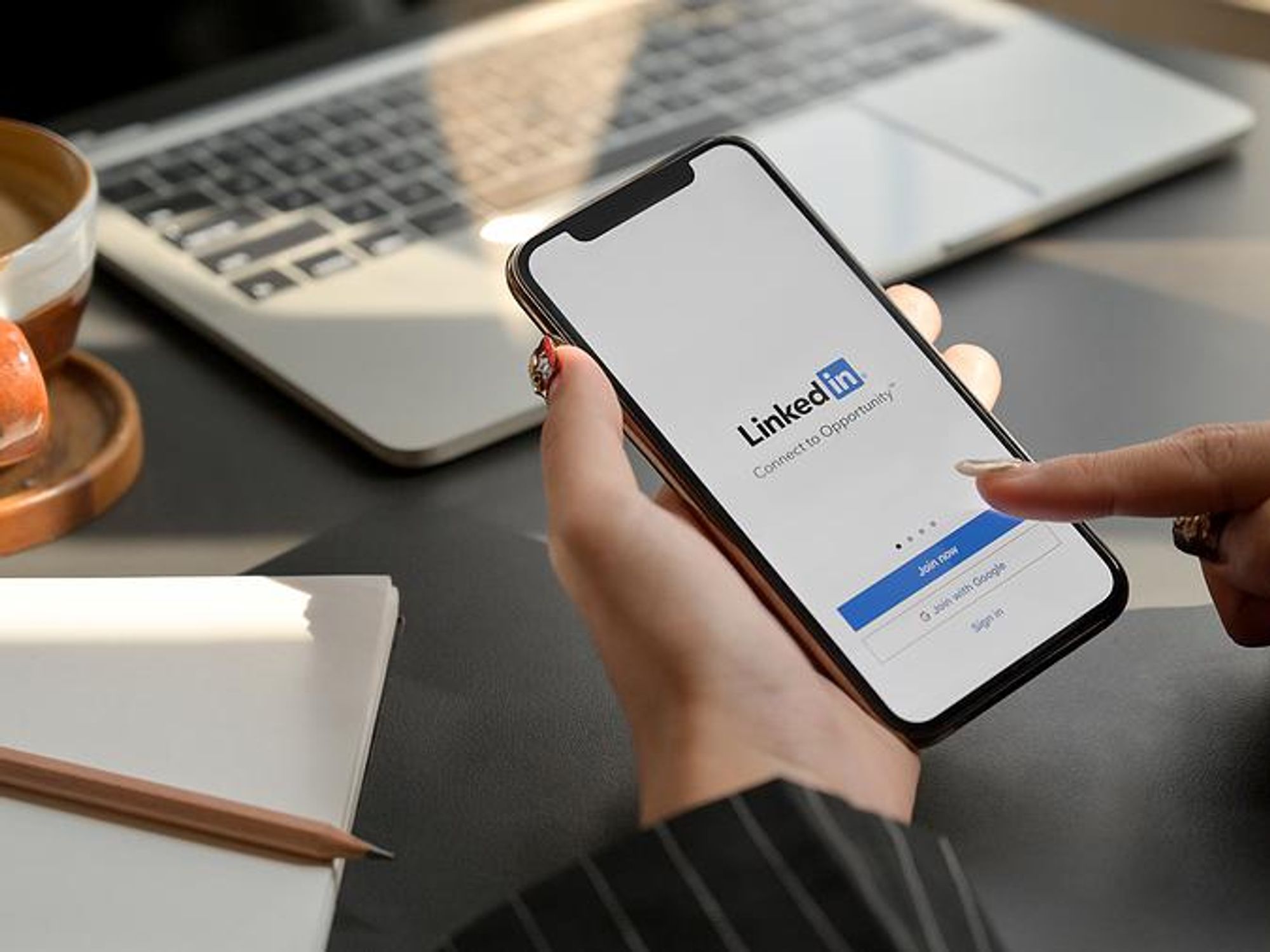How To Handle Tough Interview Questions

Many employers now use behavioral-based interview questions to learn more about a candidateâs past experience as a predictor of future performance. These behavioral interview questions are usually the “tough” interview questions that interviewers use as a method of determining whether or not a candidate is a good fit for the open position.
While you canât predict every question you will be asked during the interview process, itâs a good idea to familiarize yourself with some of the more common tough interview questions.
1. What’s Your Biggest Weakness?
Thereâs really no easy answer to this tough interview question, but it helps to be honest with the interviewer. No one is perfect and if weâre truthful, there are certain things that we can all improve. Try not to provide too much damaging information like an inability to arrive at work on time or at all. This is definitely a loaded question, so tread lightly, but perhaps mention an area that you are working to improve.
2. How Do You Handle Stress?

Interviewers are generally looking for an answer that indicates you can handle multiple priorities and projects at the same time. An answer stating that stress is a natural part of life and you feel equipped to handle the challenges of the job and balance them with the rest of your life may be just the answer that earns you the job.
3. Tell Me About A Time You Made A Bad/Wrong Decision

The interviewer is probably not as concerned with the actual decision, but rather how you handled the situation and the outcome. This question is asking about your problem-solving skills and ability to fix an issue.
4. Questions About Honesty, Loyalty, And Good Judgment

Employers want to hire ethical people with integrity, so donât feel like youâve been thrown a curve ball if an interviewer asks you a tough interview question about whether or not youâve ever lied or been faced with a moral dilemma. As is the case in most situations, honesty is the best policy in answering these questions.
5. Tell Me About Yourself

This seemingly easy interview question is harder than it may seem for many candidates. Itâs easy to ace this one if you have a prepared and practiced âelevator speechâ that includes a few highlights from your career history. This is an opportunity to emphasize your best career accomplishments, so take advantage of this question if you are asked during the interview.
6. Questions About Former Bosses And Co-Workers

Sometimes an interviewer will ask a question about what you didnât like about a former supervisor or colleague. These questions are asked to gauge how well you work with others, so be diplomatic in your answer and donât throw anyone under the bus with negativity.
Another great way to prepare for tough interview questions is to ask your friends about the most bizarre and off-the-wall questions they have been asked. You may be surprised at the type of responses you receive!
Need more help preparing for your next job interview?
We’d love it if you joined our FREE community. Itâs a private, online platform where workers, just like you, are coming together to learn and grow into powerful Workplace Renegades. More importantly, we have tons of resources inside our community that can help you prepare for your next job interview.
It’s time to find work that makes you feel happy, satisfied, and fulfilled. Join our FREE community today to finally become an empowered business-of-one!
This article was originally published at an earlier date.






















































